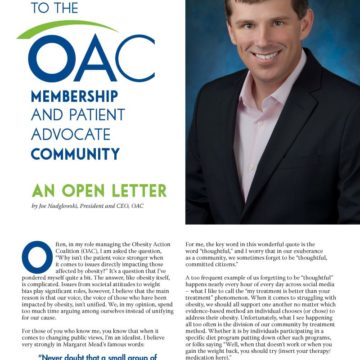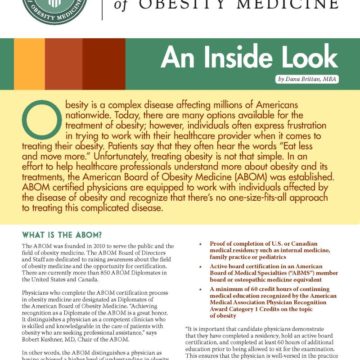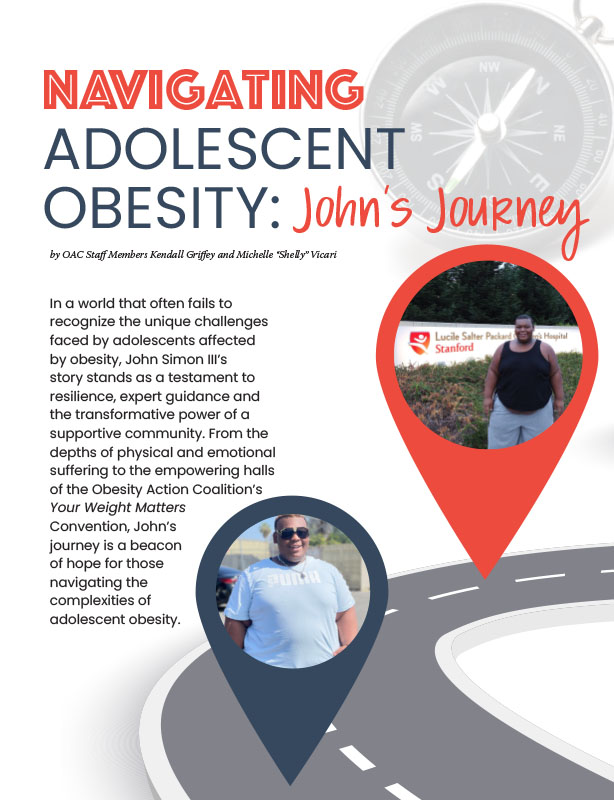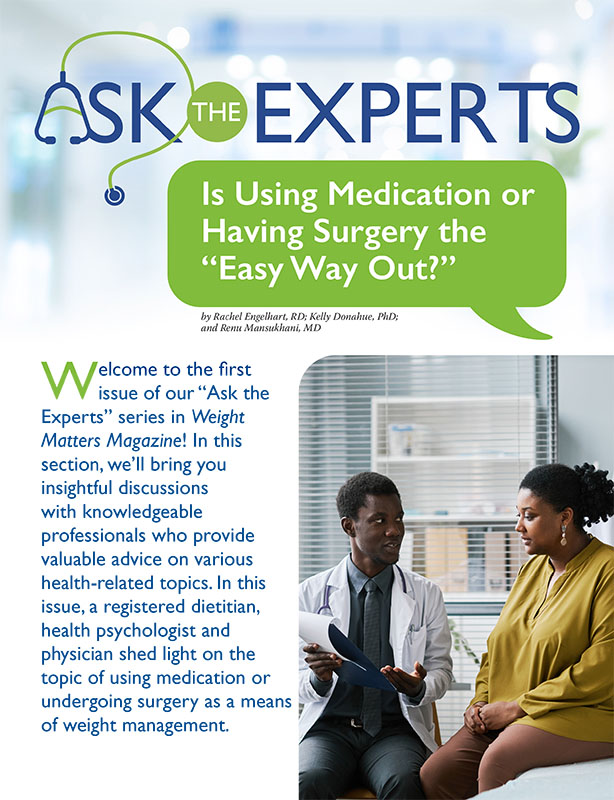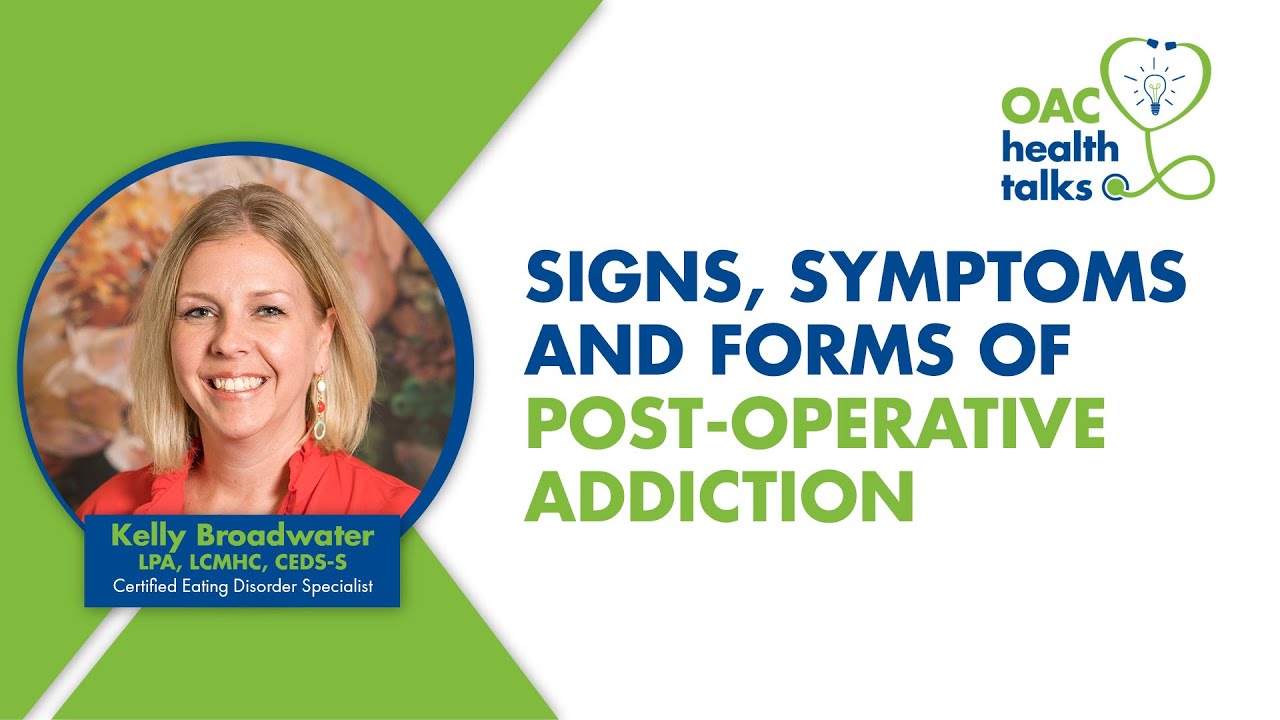Dear Doctor, I’ve had bariatric surgery and always feel dehydrated. What can I do?

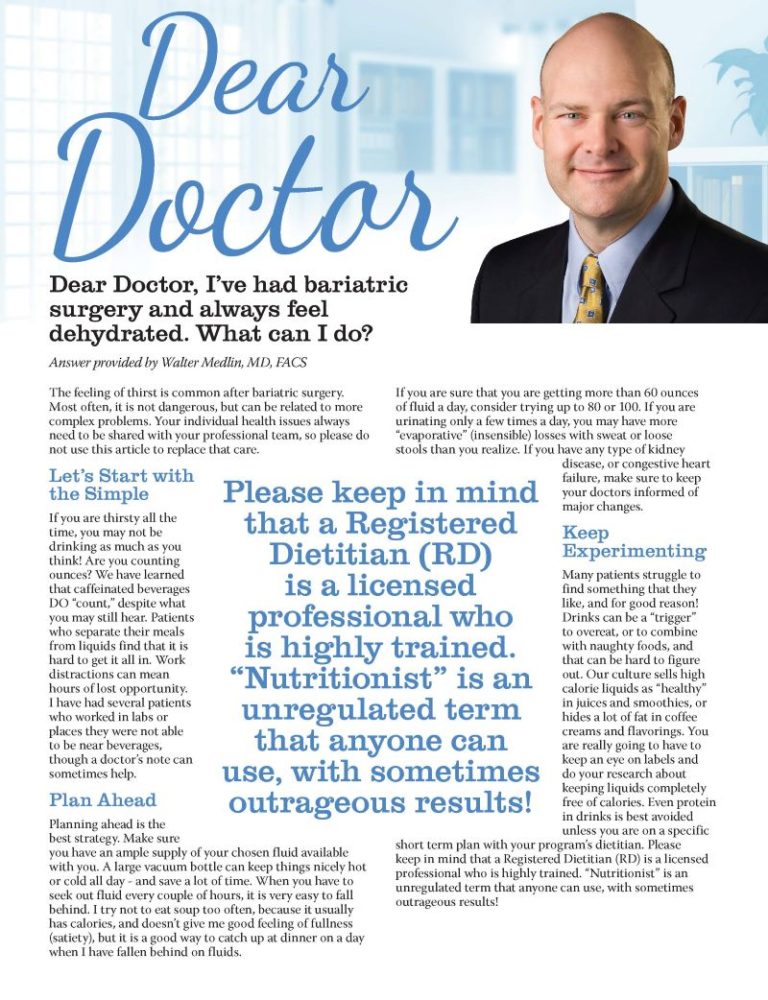
Answer provided by Walter Medlin, MD, FACS
Winter 2015
The feeling of thirst is common after bariatric surgery. Most often, it is not dangerous, but can be related to more complex problems. Your individual health issues always need to be shared with your professional team, so please do not use this article to replace that care.
Let’s Start with the Simple
If you are thirsty all the time, you may not be drinking as much as you think! Are you counting ounces? We have learned that caffeinated beverages DO “count,” despite what you may still hear. Patients who separate their meals from liquids find that it is hard to get it all in. Work distractions can mean hours of lost opportunity. I have had several patients who worked in labs or places they were not able to be near beverages, though a doctor’s note can sometimes help.
Plan Ahead
Planning ahead is the best strategy. Make sure you have an ample supply of your chosen fluid available with you. A large vacuum bottle can keep things nicely hot or cold all day – and save a lot of time. When you have to seek out fluid every couple of hours, it is very easy to fall behind. I try not to eat soup too often, because it usually has calories, and doesn’t give me good feeling of fullness (satiety), but it is a good way to catch up at dinner on a day when I have fallen behind on fluids.
If you are sure that you are getting more than 60 ounces of fluid a day, consider trying up to 80 or 100. If you are urinating only a few times a day, you may have more “evaporative” (insensible) losses with sweat or loose stools than you realize. If you have any type of kidney disease, or congestive heart failure, make sure to keep your doctors informed of major changes.
Keep Experimenting
Many patients struggle to find something that they like, and for good reason! Drinks can be a “trigger” to overeat, or to combine with naughty foods, and that can be hard to figure out. Our culture sells high calorie liquids as “healthy” in juices and smoothies, or hides a lot of fat in coffee creams and flavorings. You are really going to have to keep an eye on labels and do your research about keeping liquids completely free of calories. Even protein in drinks is best avoided unless you are on a specific short term plan with your program’s dietitian. Please keep in mind that a Registered Dietitian (RD) is a licensed professional who is highly trained. “Nutritionist” is an unregulated term that anyone can use, with sometimes outrageous results!
Taste bud changes after surgery have been in the news lately from researchers. Especially in the first year after bariatric surgery, food and liquid can taste metallic or just “wrong.” Diet Coke still tastes to me like it has a bunch of copper pennies soaking in it. I have found other liquids that I like, but it was definitely an adjustment!
I confess that my beverages of choice do not meet all of the “rules” that many programs recommend. You may need to make compromises, too. Carbonation is very uncomfortable for many in the first months after surgery, but there is no evidence that it causes “stretching” of tissue. Cola flavored drinks do not work for me, but the citrus flavored ones (Sprite Zero, Fresca, Diet Sierra Mist) taste fine. Caffeine is another of my “adjustments” in coffee. I lose focus with too little, and get jittery with too much, but it is a warm fluid, and easy to sip on all day long. I make it with half decaf and drink a thermos full every day.
Medications Can be to Blame
Medications may be the cause of thirst. Some can directly make you dry by reducing the amount of saliva you make, or by increasing urine output (anti-seizure meds, bladder spasm or irritable bowel meds, antidepressants). Some meds also act on the “sensor circuits” in your brain to make you feel thirsty, even if you are drinking enough. Asthma meds, allergy meds (don’t forget over-the-counter meds and vitamins) and blood pressure medications may need to be reviewed.
Obesity-related Issues Can also be a Culprit of Thirst
-
-
- Anemia
Anemia is very common in bariatric surgery patients, and dry mouth can be a side effect.
- Anemia
-
-
-
- Gastroesophageal reflux disease (GERD)
Adjustable gastric band patients can get reflux with an early band slip or erosion or from over-fill in volume. If you are having new problems with dry mouth or thirst, go see your surgeon with a good list of the frequency and type of problem you are having. Good patient reporting often gives better information to identify a problem than expensive tests, or can guide us to use the most appropriate test.
- Gastroesophageal reflux disease (GERD)
-
-
-
- Sleep Apnea
CPAP mask fitting poorly, or pressure settings needing adjustment.
- Sleep Apnea
-
-
-
- Diabetes
Remission of diabetes does not last forever for some, and extreme thirst is an early symptom. Return of higher blood sugar levels may be caught late, as many patients stop checking after surgery. Consider checking at least weekly, even if you have been able to come off all diabetes medications.
- Diabetes
-
Alcohol and/or Smoking
I will only mention alcohol to recommend being VERY careful with it! More than one drink of any sort per day can be a path to trouble! Did you start SMOKING again? That is a recipe for way bigger problems than dry mouth, but it can do that, too!
Conclusion
Finally, remember that the digestive system does adapt throughout time after bariatric surgery. Your beverage choices and tolerance can also change. Dumping may be less of an issue, and you may be able to take larger swallows than early after surgery. Your preference for cold or warm beverages may change with your weight and with seasons. It is still best to avoid large “gulps.”
Mild dehydration is not dangerous in the short term, but severe dehydration may cause real problems, especially if electrolytes (such as potassium and sodium) also become disrupted. In extreme cases, heart beat irregularity or blackouts, or even death could happen – usually in those with very frail health. Most of us have to worry more about kidney stones, lower energy, and constipation. Long term dry mouth can also be a factor in dental problems. Again, PLEASE don’t hesitate to ask questions of ALL your healthcare providers – even if they don’t have easy answers! You may be the first to ask, but you will likely help them by sharing your story, your challenges, and your successes. Thank you for an interesting question.
Good luck with your lifelong health journey!
About the Author:
Walter Medlin, MD, FACS, is a bariatric surgeon in Utah and sleeve gastrectomy patient now five years post-op. He is never far from his 16 oz. Vacuum cup – which is not touched for 45 minutes after any food, and is NEVER allowed to hold any calories! He is a member of the OAC National Board of Directors and tweets @bonuslife.
by OAC Staff Members Kendall Griffey and Michelle “Shelly” Vicari Winter 2024 In a world that often…
Read Articleby Rachel Engelhart, RD; Kelly Donahue, PhD; and Renu Mansukhani, MD Summer 2023 Welcome to the first…
Read ArticlePost-operative addiction is often overly simplified as transfer addiction or cross-addiction, assuming individuals “trade” compulsive eating for…
View Video




